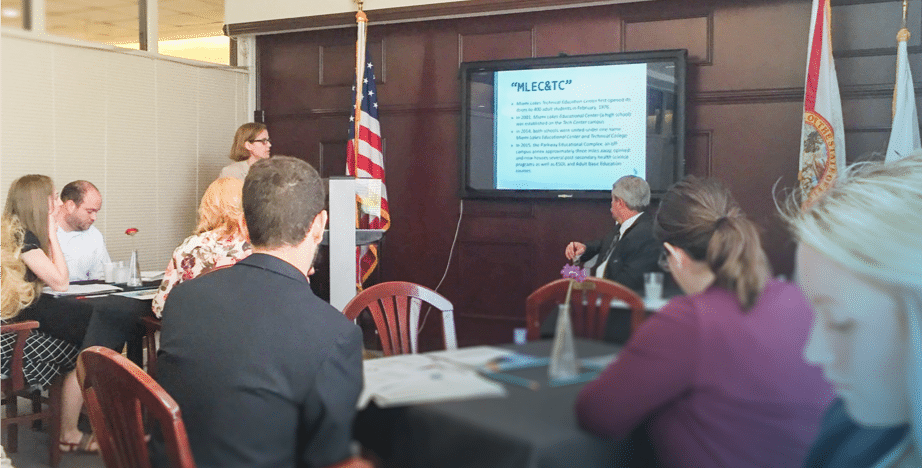Making the transition from middle school to high school to postsecondary education to a career is difficult for most students, but especially for traditionally underserved youth who lack support, guidance, counseling, financing, and opportunities to explore and learn about possible futures. The K-12 and postsecondary education systems, working with employers, must align their efforts to create smoother transparent pathways, to accelerate learning, to help youth identify their chosen career pathway, and to ensure high standards and expectations for all. These pathways should include opportunities for work-based learning so that youth can learn about occupations and potential careers and develop employability skills and relationships with adults around authentic work and problem-solving. To obtain a more comprehensive view of College and Career Readiness and Success, please see below:
Issue Areas
Alternative Education refers to educational settings that are nontraditional or different from the traditional K-12 school setting. These schools address the needs of students not typically met in a more traditional educational setting.
Career Pathways refers to a series of structured and connected programs, supports, and experiences that help students transition to postsecondary education and work, including: career and technical education (CTE), apprenticeships, internships, dual and concurrent enrollment, and work-based learning.
Deeper Learning refers to the accumulation of six interrelated competencies: mastery of rigorous core academic content, critical thinking and problem solving, teamwork and collaboration, effective communication, learning how to learn, and cultivation of an academic mindset.
Postsecondary Education refers to all educational activities beyond high school. This includes 2- and 4-year colleges and universities, certificate programs, workforce development, as well as adult and continuing education programs.
Skill Development refers to the mastery of academic and technical content youth need in order to develop a range of non-academic, social and emotional, and employability skills. These skills are sometimes referred to as ‘soft skills’ and are seen as essential in order for youth to be successful in college, career, and beyond.


